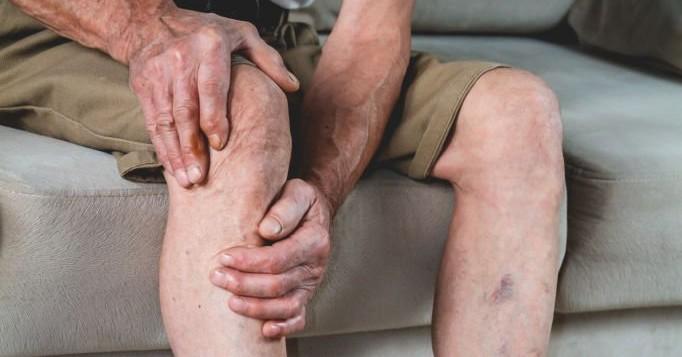
Feeling Uncomfortable While You Sleep? 5 Tips to Prevent Nighttime Leg Cramps
Leg cramps are sudden, painful, involuntary muscle contractions usually in your calf, foot or thigh.
You might also know them as a “charley horse.” They can last from several seconds to several minutes and cause your leg to spasm and tighten uncontrollably. They can be quite painful and make you wake up out of a sound sleep or even get up and walk around.
1. Who Gets Leg Cramps?

The older you are, the more likely you are to have leg cramps. This is because your tendons (the tissues that connect muscles to bones) naturally shorten as you age. Women are also more likely to get them.
2. When Do They Happen?

Leg cramps happen at night when you’re not very active or when you’re asleep. They may wake you up, make it harder to fall back asleep and leave you feeling sore all night. There are no warning signs, and they happen suddenly. But there are certain risk factors. Possible causes for leg cramps at night include:
■Sitting for long periods of time. ■ Overusing your muscles. ■ Standing or working on a concrete floor
■ Having poor posture during the day.
Kidney failure, diabetic nerve damage, mineral deficits and issues with blood flow medications that have leg cramps as a side effect include: ■ Albuterol ■ Clonazepam ■ Diuretics ■ Gabapentin ■ Naproxen ■ Pregabalin ■ Statins ■ Ambien (zolpidem)
3. How Can I Stop Leg Cramps Immediately?

To stop the pain of a leg cramp, straighten your leg and then flex it, pulling your toes toward your shin to stretch the muscles. You can gently massage it with your hands or a roller, stand up and press your feet to the floor or walk around. If the cramp doesn’t go away with movement or massage, you can apply heat or ice, take pain medication like acetaminophen or ibuprofen. You can also elevate your leg after the cramp starts to feel better.
4. When Should You Worry About Leg Cramps?

Sometimes, they happen for no reason, but other times, they could be a sign of a serious health condition, such as: ■ ALS ■ Congestive heart failure ■ Cirrhosis of the liver ■ Diabetes ■ Kidney failure ■ Osteoarthritis ■ Parkinson’s disease ■ Peripheral artery disease ■ Peripheral neuropathy
See your doctor immediately if your leg cramps are accompanied by muscle cramps in other parts of your body, significant pain, swelling or numbness in your legs, changes in the skin of your leg or you are waking up more than twice a night with leg cramps.
5. Prevention

You can help prevent leg cramps by taking vitamin B12, staying hydrating by drinking eight glasses of water a day, walking, wearing protective shoes, experimenting with different sleeping positions and keeping blankets and sheets loose around your feet. If all else fails, see your doctor, who may prescribe muscle relaxants to help you sleep.
